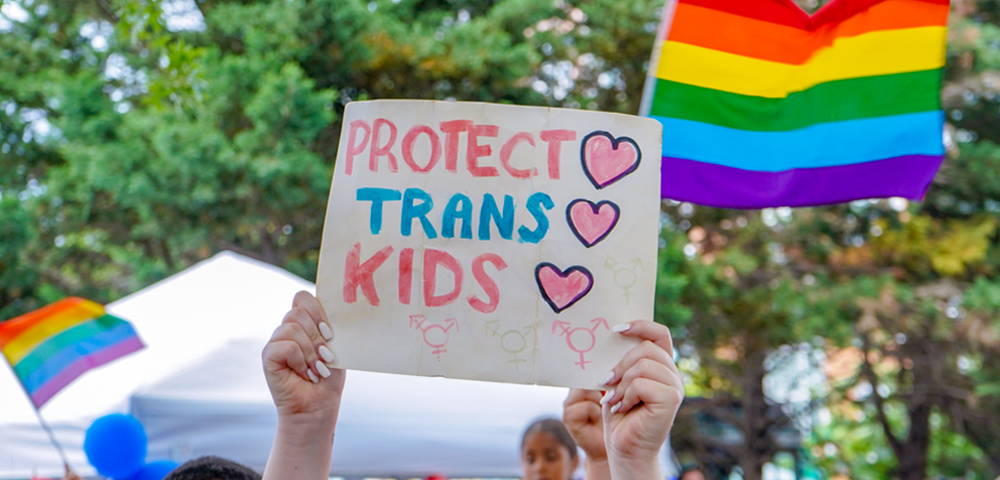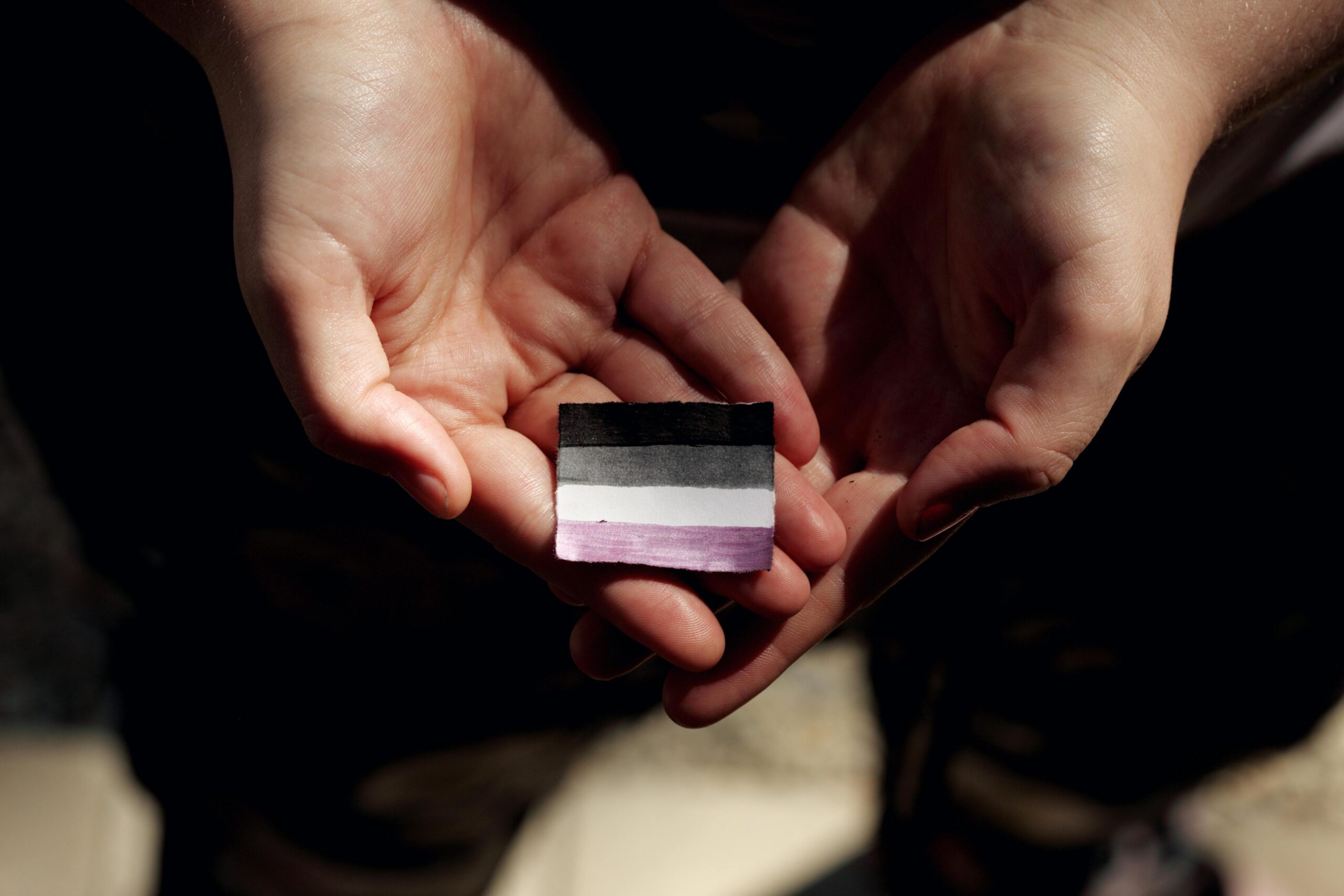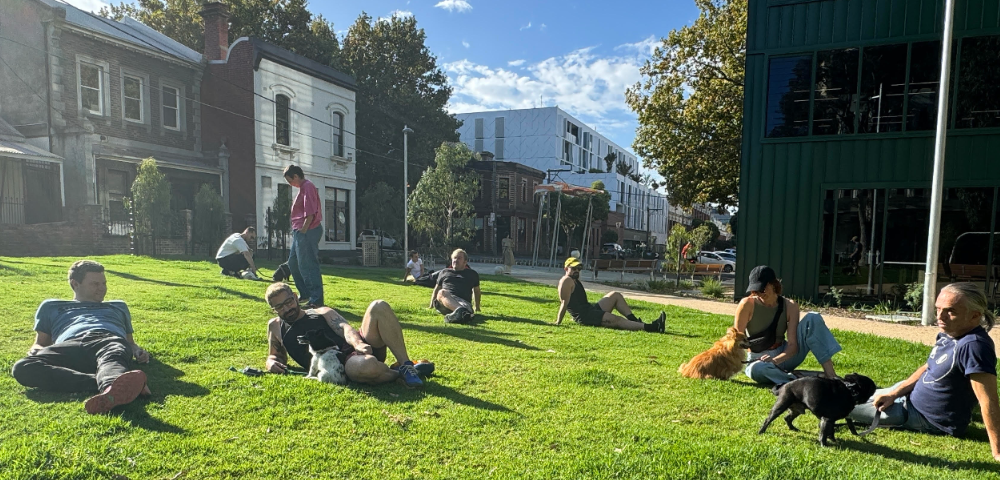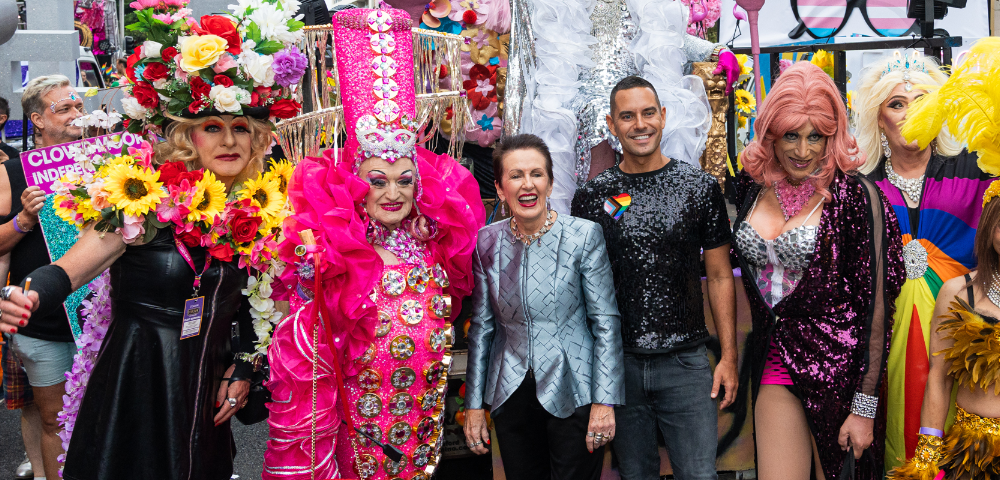
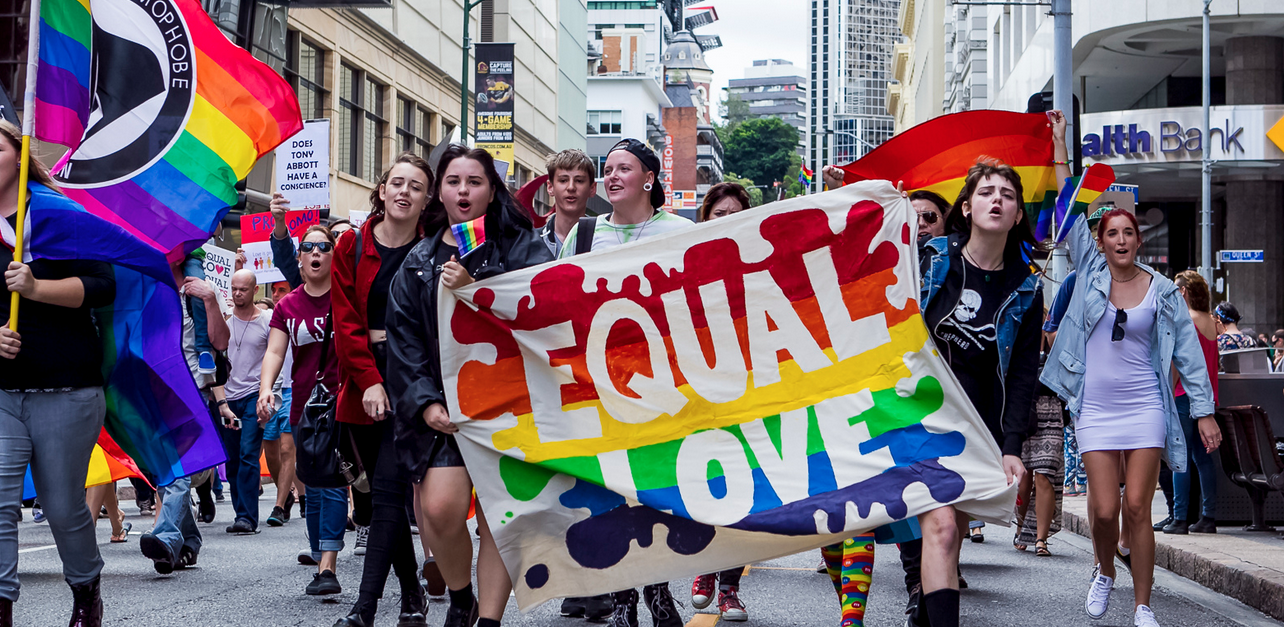
THE gay movement is growing middle aged and we, who never imagined ageing, are growing old with it. As we get older history gets rewritten even by people of good will, who assume the gay movement began with Mardi Gras, or there was no activity against AIDS until ACT UP made its brief appearance on the local scene. (Note: I am using “gay” in its original sense when it applied to both women and men — and, perhaps and reluctantly, trans* people.)
Inevitably as movements age they become respectable: they take on mortgages, have children, get stouter. They also reflect the times in which they live. Today’s movement, at least in rich countries, benefits from 30 years of social change, which has seen the collapse of traditional puritanical restraints and the dominance of neo-liberal inequality.
Cleaning out old papers I came across an article I wrote for the Star Observer in 1998 — 16 years ago — in which I said: “Where we failed most clearly was in the inability to foresee that western societies could become simultaneously more economically unequal while becoming more socially liberal. I don’t think any of us foresaw how the newly privatised Telstra and Qantas would chase the ‘pink dollar’ as capitalism, not moral argument, made much homophobia seem old fashioned and unacceptable.”
Yes and no: we also, in 1998, did not foresee the growth of school chaplaincies, and their control largely by evangelical Christians. Neither could we imagine the sudden emergence of marriage as a major goal of many activists, and the surge of popular support, blocked by politicians who are increasingly more self-righteous than those they represent.
As I am often painted as a radical opponent of marriage let me be clear: we should have the same right not to get married as do heterosexuals, but having achieved that we should also remember that not everyone will want — or is able to — be in a permanent relationship, and the pro-marriage rhetoric risks marginalising people who used to find the gay world a safer space for those who are not coupled.
Nor am I comfortable with a movement that welcomes as “leaders” people who are outspoken on their right to marry their partners, but silent on the fact that our current government is abusing far more basic rights in its treatment of asylum seekers, including those who are fleeing because of their sexuality.
This is an old argument. The original gay liberation movement saw itself as part of a broader left, and shared the rhetorical excesses of the early 1970s. Yes, the movement should be non-partisan. However, at what point does one feel part of a movement that welcomes people who are active supporters of a government that is running concentration camps and sending people back to Sri Lanka, which is run by a government of thugs and bullies?
This is not to ask current activists to echo the past. Our movement has achieved more than we dared hope in the early days of Gay Liberation and CAMP, and Australia has become much richer and both more and less tolerant. “Good” lesbians and gay men are accepted, and for increasing numbers of people coming out is a good career move. This is not true for people like Matthew Mitcham and Jason Ball who risked their sporting careers through honesty. But they also came out, as they acknowledge, in an atmosphere only possible because of the work of several generations before them.
At the same time coming out is not only dangerous for many who live in certain religious or ethnic communities, it might actually be inconceivable. What remains relevant in gay liberation ideas is the emphasis on multiple dimensions of oppression. Many people in Australia — and most people in much of the world — grow up in situations where the idea of being homosexual, certainly the idea of not conforming to gender norms, is threatening and will shake their entire world.
There is still a reticence around sexuality that shows up in surprising places. The City of Melbourne library offered a program during the International AIDS Conference which gave “the opportunity to engage with local artists, storytellers, authors, poets and performers as they discuss issues of gender inequality, discrimination in its many forms and violence against women.” Why the clumsy silences around sex?
Similar reticence showed up in many reviews of Christos Tsiolkas’s latest novel, Barracuda, where mainstream critics were clearly embarrassed by the deep homoeroticism of the novel and could only see Danny as “gay”, not understanding the differences between behaviour and identity that Tsiolkas is exploring.
The younger people whom I meet around the Australian Lesbian and Gay Archives and the increasingly inventive world of queer cabaret and publishing are forging new ways of imagining identities and politics. This is very apparent in the HIV movement, where there is remarkable energy coming from the third generation of men to be exposed to HIV.
At the same time there is often a lack of generosity, as much from the old to the young as the other direction. Too many established activists are becoming rather like the grey men of the ALP, more interested in preserving authority than in encouraging new forms of expression in which they — we — may not be completely at home.
But today’s activists, using media that did not exist last century, and with access to a global movement that is changing rapidly, still face the old question: do we look inwards or do we work for a broader commitment to social justice and human rights, incorporating respect for sexual and gender diversity? If we accept the latter there is a far bigger agenda than marriage and flagpoles in Taylor Square.
Dennis Altman is the author several books, including the recently-published The End of the Homosexual?, which is available in bookstores or online via uqp.uq.edu.au
**This article first appeared in the September issue of the Star Observer. The October issue will hit the streets this Thursday (September 18) in Melbourne, Sydney, Brisbane, Adelaide and Canberra. Click here to find out where you can grab your free copy.




